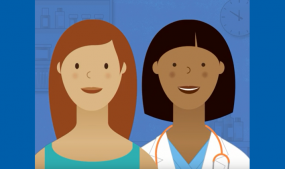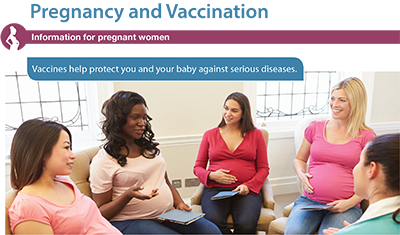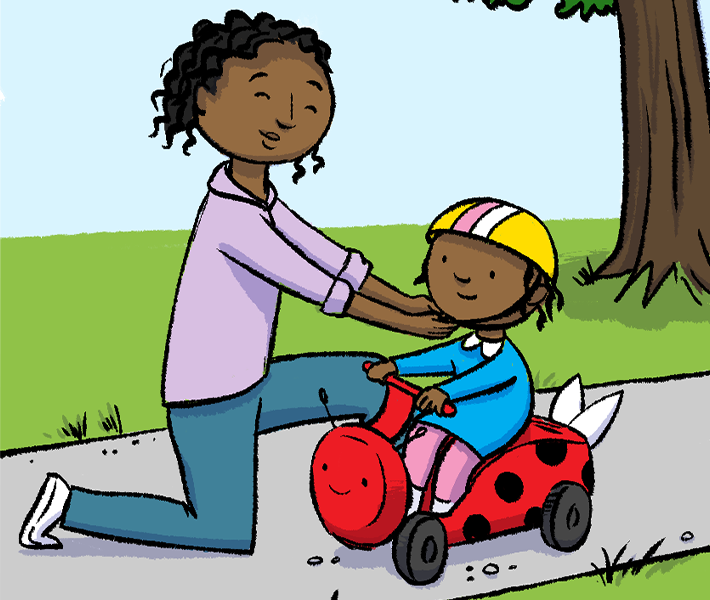Flu vaccine
The flu vaccine helps protect against flu, which can be a serious or life-threatening illness. It’s offered on the NHS every year in autumn or early winter to people at higher risk of getting seriously ill from flu.
Information:
This page is about the flu vaccine for adults. There are also pages about the children’s flu vaccine and flu jab in pregnancy.
Who should have the flu vaccine
The flu vaccine is recommended for people at higher risk of getting seriously ill from flu.
It’s offered on the NHS every year in autumn or early winter.
You can get the free NHS flu vaccine if you:
- are aged 65 or over (including those who will be 65 by 31 March 2026)
- have certain long-term health conditions
- are pregnant
- live in a care home
- are the main carer for an older or disabled person, or receive a carer’s allowance
- live with someone who has a weakened immune system
Frontline health and social care workers can also get a flu vaccine through their employer.Health conditions that mean you’re eligible for the flu vaccine
The flu vaccine is recommended for people with certain long-term health conditions, including:
- conditions that affect your breathing, such as asthma (needing a steroid inhaler or tablets), chronic obstructive pulmonary disease (COPD) or cystic fibrosis
- heart conditions, such as coronary heart disease or heart failure
- chronic kidney disease
- liver disease, such as cirrhosis or hepatitis
- some conditions that affect your brain or nerves, such as Parkinson’s disease, motor neurone disease, multiple sclerosis or cerebral palsy
- diabetes or Addison’s disease
- a weakened immune system due to a condition such as HIV or AIDS, or due to a treatment such as chemotherapy or steroid medicine
- problems with your spleen, such as sickle cell disease, or if you’ve had your spleen removed
- a learning disability
- being very overweight – a body mass index (BMI) of 40 or above
Speak to your GP surgery or specialist if you have a health condition and you’re not sure if you’re eligible for the flu vaccine.
How to get the flu vaccine
Most eligible people can get the flu vaccine from 1 October 2025.
Some people, including anyone who is pregnant, can get vaccinated from 1 September 2025.
You can get a flu vaccine from:
- your GP surgery
- your maternity service (if you’re pregnant)
- your care home (if you live in a care home)
- your employer (if you’re a health or social care worker)
Frontline health or social care workers
Frontline health and social care workers should get the flu vaccine through their employer.
If you cannot get a flu vaccine through your employer, or your GP surgery if you’re employed:
- by a registered residential care or nursing home
- by a registered domiciliary care provider
- by a voluntary managed hospice provider
- through direct payments or personal health budgets
Important:
Vaccination appointments will take place from 1 October 2025.
Information:
Having the flu vaccine at the same time as other vaccines
You can have the flu vaccine at the same time as other vaccines such as the COVID-19 and shingles vaccines.
It’s not usually given at the same time as the RSV vaccine, but you can have them at the same time if a doctor or nurse thinks it’s needed.
Who cannot have the flu vaccine
Most people who are eligible for the flu vaccine can have it.
You only cannot have the vaccine if you’ve had a serious allergic reaction (anaphylaxis) to a previous dose of the vaccine or an ingredient in the vaccine.
Some of the flu vaccines used in the UK contain egg protein. Tell the person vaccinating you if you have an egg allergy.
Information:
Getting vaccinated if you’re unwell
If you have a high temperature, wait until you’re feeling better before having your flu vaccine.
Flu vaccine ingredients
There are several types of flu vaccine given in the UK. If you’re eligible for the flu vaccine on the NHS, you’ll be offered one of the types that’s most appropriate for you.
You can check the ingredients in the patient leaflets.Vaccines for people aged 65 and over
- Adjuvanted influenza vaccine patient leaflet (Electronic Medicines Compendium website; PDF only, 163KB)
- High dose influenza vaccine patient leaflet (Electronic Medicines Compendium website)
- Recombinant influenza vaccine patient leaflet (Electronic Medicines Compendium website)
- Cell-based influenza vaccine patient leaflet (Electronic Medicines Compendium website)
Vaccines for people aged 60 to 64
- Adjuvanted influenza vaccine patient leaflet (Electronic Medicines Compendium website; PDF only, 163KB)
- Cell-based influenza vaccine patient leaflet (Electronic Medicines Compendium website)
- High dose influenza vaccine patient leaflet (Electronic Medicines Compendium website)
- Recombinant influenza vaccine patient leaflet (Electronic Medicines Compendium website)
- Egg-cultured influenza vaccine patient leaflet – MYL (Medicines and Healthcare products Regulatory Agency; PDF only, 76KB)
- Egg-cultured influenza vaccine patient leaflet – Vaxigrip (Electronic Medicines Compendium website)
Vaccines for people aged 50 to 59
- Adjuvanted influenza vaccine patient leaflet (Electronic Medicines Compendium website; PDF only, 163KB)
- Cell-based influenza vaccine patient leaflet (Electronic Medicines Compendium website)
- Recombinant influenza vaccine patient leaflet (Electronic Medicines Compendium website)
- Egg-cultured influenza vaccine patient leaflet – MYL (Medicines and Healthcare products Regulatory Agency; PDF only, 76KB)
- Egg-cultured influenza vaccine patient leaflet – Vaxigrip (Electronic Medicines Compendium website)
Vaccines for people aged 18 to 49
- Cell-based influenza vaccine patient leaflet (Electronic Medicines Compendium website)
- Recombinant influenza vaccine patient leaflet (Electronic Medicines Compendium website)
- Egg-cultured influenza vaccine patient leaflet – MYL (Medicines and Healthcare products Regulatory Agency; PDF only, 76KB)
- Egg-cultured influenza vaccine patient leaflet – Vaxigrip (Electronic Medicines Compendium website)
Side effects of the flu vaccine
The most common side effects of the flu vaccine are mild and get better within 1 to 2 days.
They can include:
- pain or soreness where the injection was given
- a slightly raised temperature
- an aching body
More serious side effects such as a severe allergic reaction (anaphylaxis) are very rare. The person who vaccinates you will be trained to deal with allergic reactions and treat them immediately.
The injected flu vaccines used in the UK do not contain live flu viruses. They cannot give you flu.
Information:
More about vaccine safety
Find out more about why vaccinations are important and the safest way to protect yourself
How well the flu vaccine works and how long it lasts
The flu vaccine aims to protect you against the most common types of flu viruses.
There’s still a chance you might get flu after getting vaccinated, but it’s likely to be milder and not last as long.
The vaccine usually takes up to 14 days to work.
Protection from the flu vaccine goes down with time and the types of flu virus the vaccine protects against are updated each year. This is why it’s important to get the flu vaccine every year.
Page last reviewed: 23 November 2023
Next review due: 23 November 2026
Source: NHS Choices








